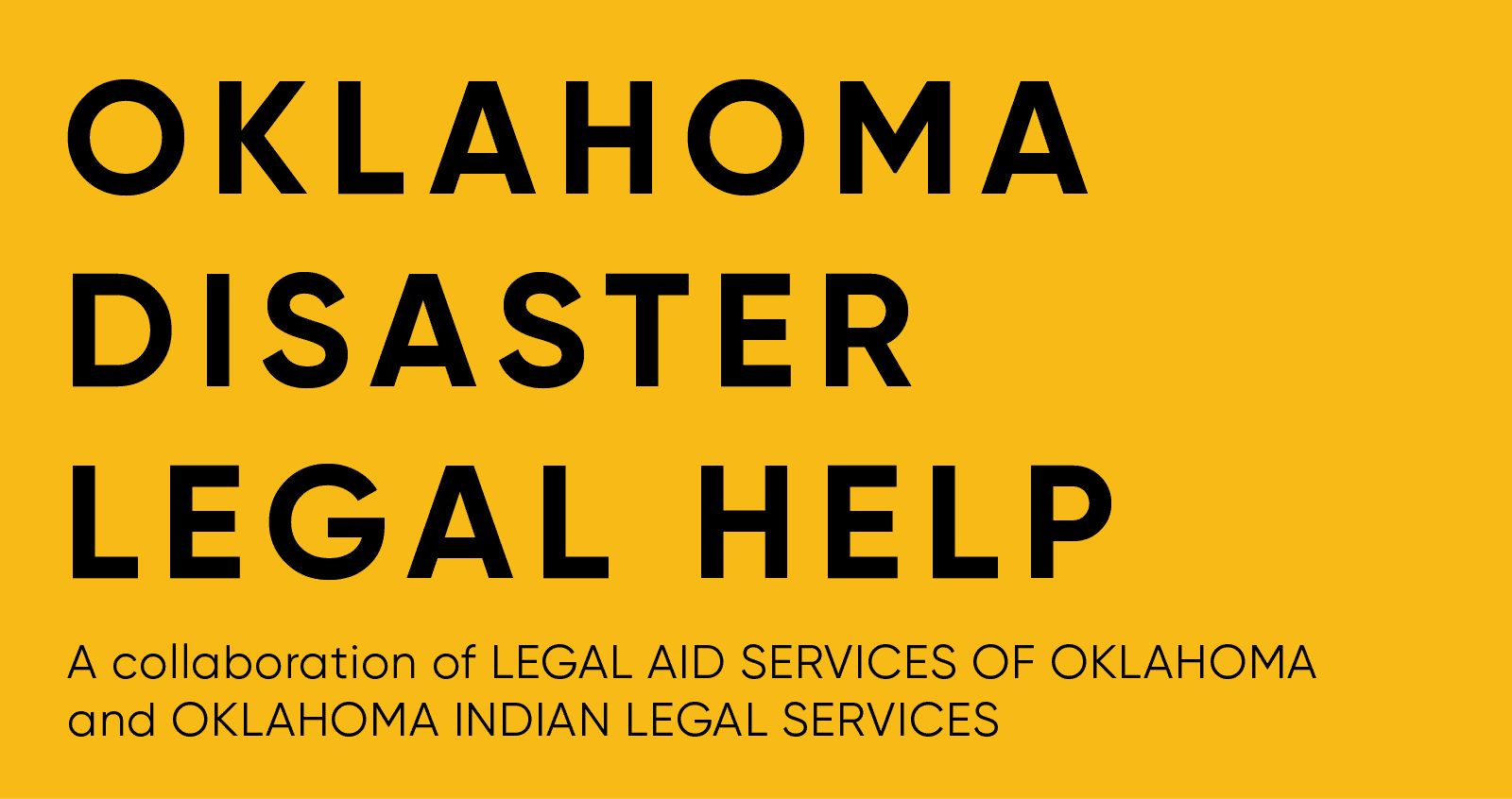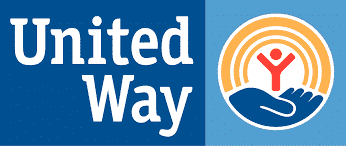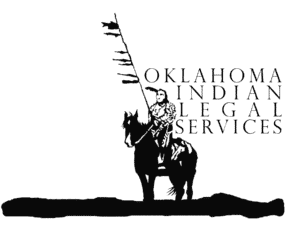What happens when a disaster occurs?
In Oklahoma, the County Emergency Manager will investigate the situation, conduct damage assessments, and determine what resources the county has available to handle the situation. (This does not happen in individual disasters such as a house or apartment fire). If the Emergency Manager determines that the county does not have enough resources, the Emergency Manager will ask the governor to authorize state resources to assist. If the governor approves the request, the governor will issue a state disaster declaration for that county. The governor will then determine if the state has sufficient resources to handle the situation. If the governor determines that the state does not have enough resources, the governor will ask the president to authorize federal resources to assist. If the president approves the request, the president will issue a presidentially declared federal disaster for that county.
Do all state disaster declarations mean that there is government assistance available for individuals affected by the disaster.
No.
Do all federally declared disasters receive government assistance for individuals affected by the disaster?
No. Individual assistance is only available if the president activates the Individuals and Households Program. The president may activate assistance that is only available to states, counties, or cities to repair public works.
Federal declared disaster declarations with individual assistance
What is a presidentially declared federal disaster declaration?
A presidentially declared federal disaster declaration activates the Federal Emergency Management Agency (FEMA).
What are some of the FEMA benefits available for individuals and households affected by the disaster?
1. Individuals and Households Program:
- Temporary Housing Assistance 44 C.F.R. §206.110 et seq.
- Repair Assistance 44 C.F.R. §206.117(b)(2)
- Replacement Assistance 44 C.F.R. §206.117(b)(3)
- Other Needs and Assistance 44 C.F.R. §206.119
2. Disaster Unemployment Assistance 44 C.F.R. §206.141
3. Disaster Supplemental Nutrition Assistance Program (Disaster Food Stamps) 44 C.F.R. §206.151
4. Small Business Administration (SBA) loans 13 C.F.R. part 123
What are the eligibility requirements for FEMA’s Individuals and Households Program?
To be eligible for FEMA benefits, the applicant or a member of the household must be a US citizen, a non-citizen national, or a qualified alien. If the adults are undocumented, but a household child is a U.S. citizen, a non-citizen national, or a qualified alien, an application can be made in the child’s name.
The damaged property must be the applicant’s permanent residence or the place where the applicant resides for most of the year. 44 C.F.R. §206.113
It is important to remember that FEMA only covers expenses not covered by insurance. FEMA does not provide for a “duplication of benefits.” 44 C.F.R. §206.110(b). All applicants will need to file a claim with their insurance companies and will need to show FEMA if they were denied insurance coverage. Because of the need for immediate assistance after a disaster, it is common for FEMA to award benefits while the applicant’s insurance claim in pending. In this scenario, the applicant will need to repay FEMA for any FEMA benefits that they received which were later covered by insurance. FEMA considers everyone residing together at the time of the disaster as one household. Only one application will be allowed per household. For example, two roommates shared an apartment at the time of the disaster. The roommate who first applies will be treated by FEMA as the applicant and the second roommate will be treated as a household member. Only one FEMA application will be accepted and only one award of assistance. It will be up to the roommates to share and allocate the money between the two. FEMA expects a pre-disaster household to remain the same household composition after a disaster. 44 C.F.R. §206.117(b)(1)(i)(a)
Do FEMA benefits under the Individuals and Households Program need to be paid back?
FEMA assistance is a grant and does not need to be paid back. An applicant can only use their FEMA benefits for the purposes stated in the FEMA award letter. Applicants need to keep receipts for how they spent their FEMA money for three years from the date of the disaster declaration. FEMA may audit individual cases and will ask to review the receipts. If the FEMA assistance was not used for the stated purpose, the applicant may have to repay FEMA for the assistance that they received.
Does the receipt of FEMA benefits under the Individuals and Households Program count as income or an asset for eligibility for other government programs?
FEMA assistance is not considered taxable income. It is not counted as income or as a resource for eligibility for any needs-based federal governmental assistance such as Supplemental Security Income, food stamps, etc. 44 C.F.R. §206.110(f). It is also exempt from garnishment or levy by creditors. 44 C.F.R. §206.110(g)
What is temporary housing assistance?
Temporary housing assistance is available to applicants whose primary residence cannot be safely lived in after the disaster. The money can be used to rent another place to live while repairs are being made on the damaged property. It can also be government-provided housing, such as FEMA trailers. This assistance can be available for up to 18 months from the date of the disaster declaration if the applicant can show a continuing need. The money cannot be used to pay to stay with friends or family. 44 C.F.R. §206.110, 114, and 117
What is repair assistance?
This is money provided to a homeowner to repair disaster-related damage to their home. It includes both labor and the cost of materials. The goal is to make the home safe, sanitary, and functional, not to restore the home to the condition that it was in before the disaster. The money cannot be used to repair the house to a better condition than it was before the disaster unless it is required by current housing and building codes. 44 C.F.R. §206.117(2)
What is replacement assistance?
This is money provided to a homeowner to replace their home destroyed in the disaster that is not covered by insurance. 44 C.F.R. §206.117(3)
What is other needs assistance?
This is assistance paid for other necessary and serious needs caused by the disaster. It can be medical or dental expenses, funeral costs, replacement of personal property, storage, etc. 44 C.F.R. §206.119







